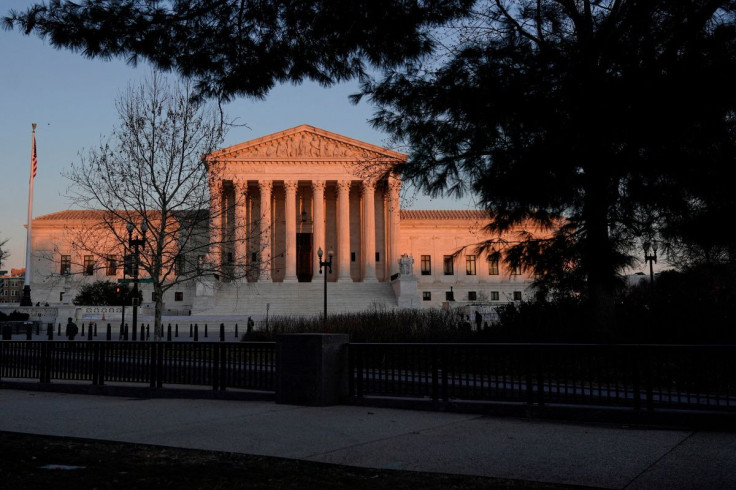U.S. Supreme Court Rules Republicans Can Defend North Carolina Voter ID Law

The U.S. Supreme Court on Thursday ruled that Republican lawmakers in North Carolina can intervene in a lawsuit challenging a voter ID law that they believed the state's Democratic attorney general was unlikely to defend strongly enough.
In a 8-1 decision https://tmsnrt.rs/3ndjwKA authored by conservative Justice Neil Gorsuch, the court ruled that two Republican legislative leaders could join the lawsuit to defend the constitutionality of a 2018 law that Attorney General Josh Stein was already defending.
Gorsuch said Republican-backed state law expressly authorized the lawmakers to participate in cases like this and that a "presumption of adequate representation is inappropriate when a duly authorized state agent seeks to intervene to defend a state law."
"Casting aspersions on no one, this litigation illustrates how divided state governments sometimes warrant participation by multiple state officials in federal court," Gorsuch wrote.
Representatives for Stein and the lawmakers - Philip Berger, the leader of the North Carolina Senate, and Timothy Moore, the leader of the North Carolina House of Representatives - did not immediately respond to requests for comment.
The law at issue was intended to implement an amendment to North Carolina's constitution that voters in 2018 approved requiring people going to the polls to present photo identification.
Democrats have accused Republicans of pursuing measures including those requiring voters to show certain forms of identification to cast a ballot in a bid to make it more difficult for certain groups of people who tend to back Democrats to vote in elections. Republicans have said such measures are needed to prevent voting fraud.
Democratic Governor Roy Cooper vetoed the North Carolina bill, but the Republican-led legislature overrode his veto and enacted the law. The NAACP sued, contending the measure discriminated against Black and Latino voters and was unconstitutional.
Stein, a Democrat, had voted against an earlier voter-ID law when he was a state senator. But after the lawsuit was filed, he assumed responsibility for defending the state's board of elections in the case.
Thursday's ruling overturns a decision by the Richmond, Virginia-based 4th U.S. Circuit Court of Appeals, which in holding the lawmakers were not entitled to intervene noted Stein had earlier convinced it to overturn an order temporarily blocking enforcement of the law.
Liberal Justice Sonia Sotomayor in a dissent wrote that "the court's conclusion that state respondents inadequately represented petitioners' interests is a fiction that the record does not support."
© Copyright Thomson Reuters 2024. All rights reserved.





















